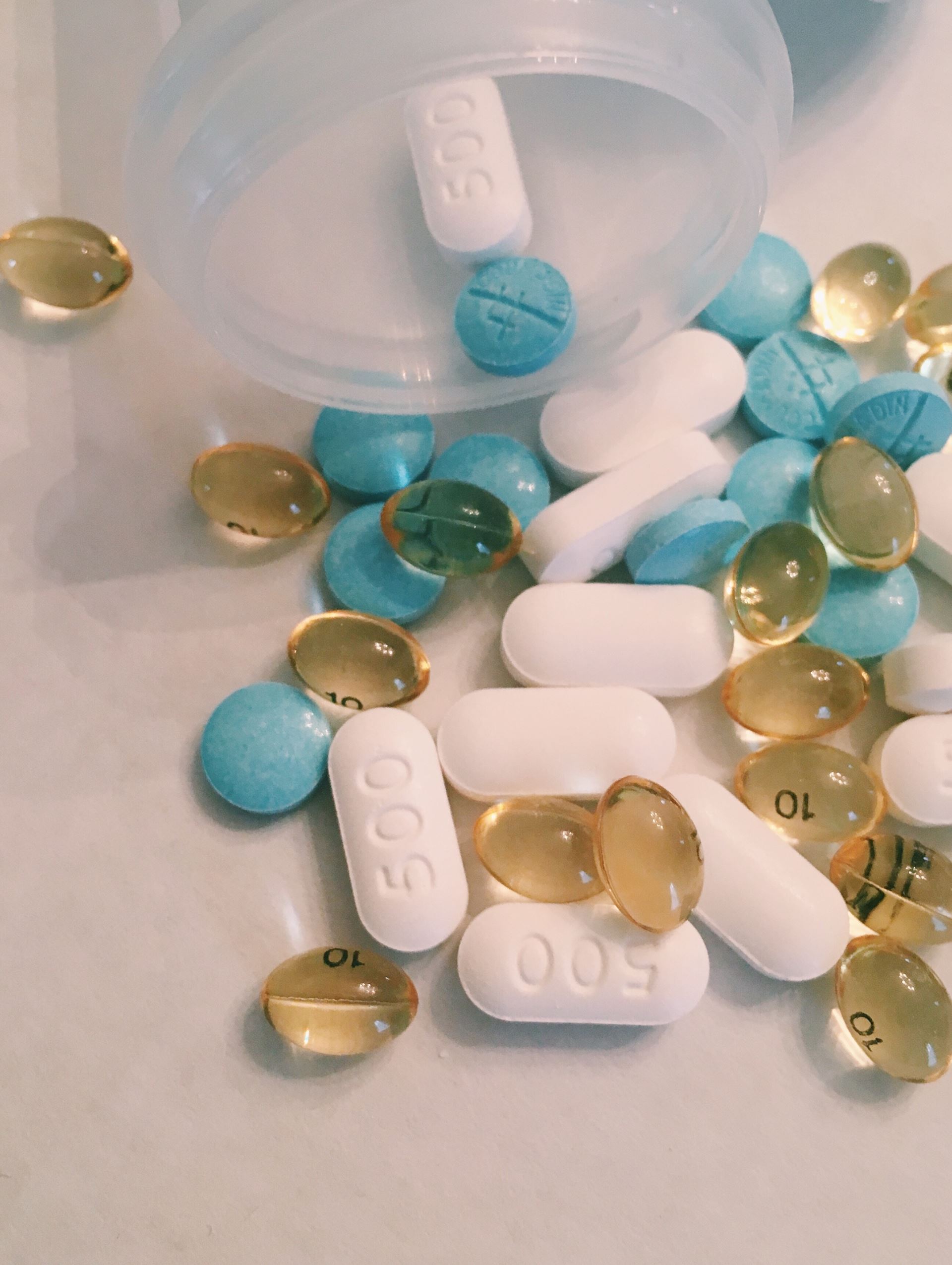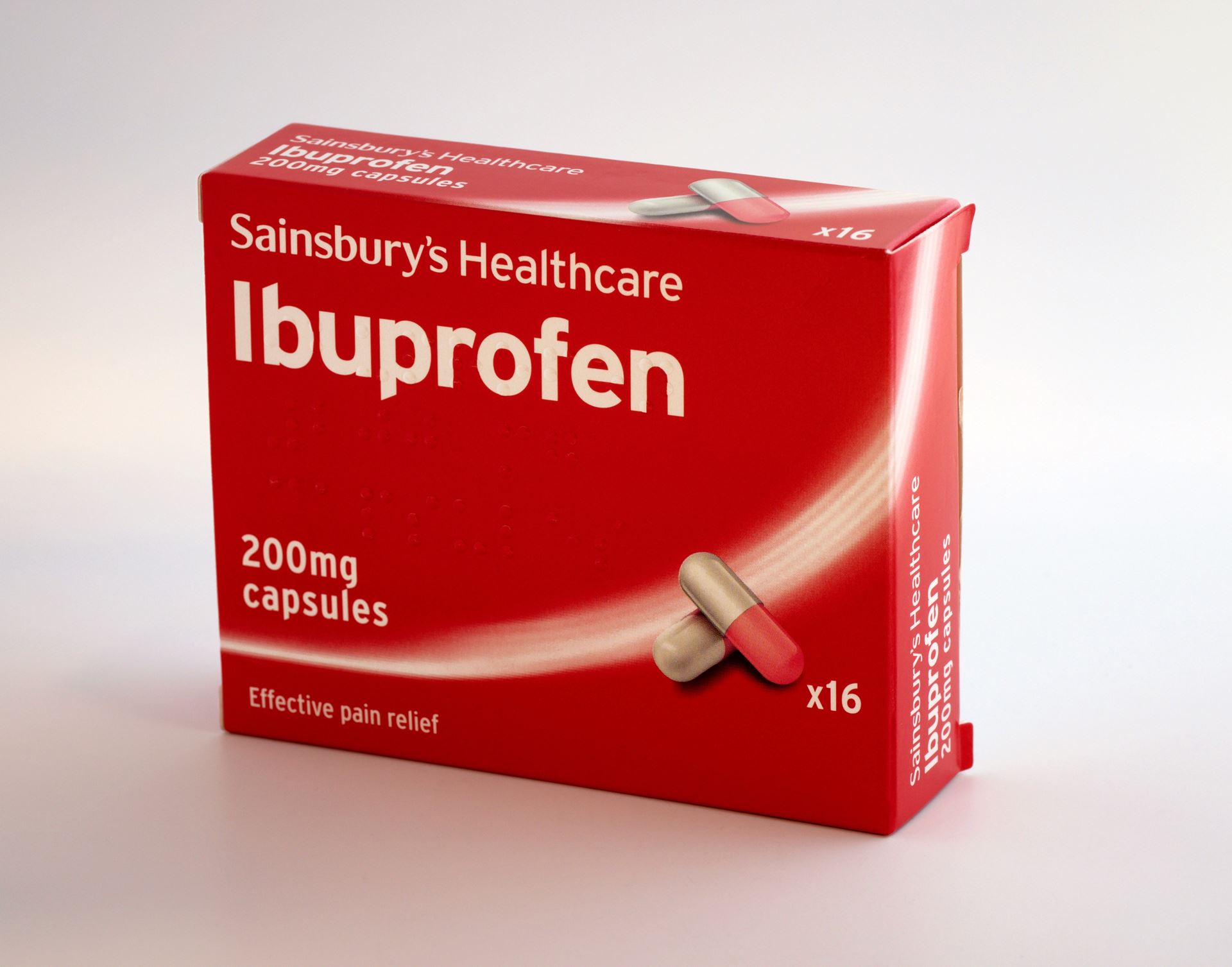Did you know you can manage repeat prescriptions from Monkfield Medical Practice in the NHS App?
You can easily choose where your prescriptions are sent. So, if you know you'll be away from home or you are moving home, you can change your nominated pharmacy from within the app.
You can also order your prescription at any time that suits you. There’s no need to wait to join a telephone queue or wait until the GP surgery opens.
It’s easy to use, and, if you hit a snag, you can go to ‘Help’ in the top right-hand corner of the app or visit nhs.uk/helpmeapp.
Find out more about the NHS App at: www.nhs.uk/nhsapp

